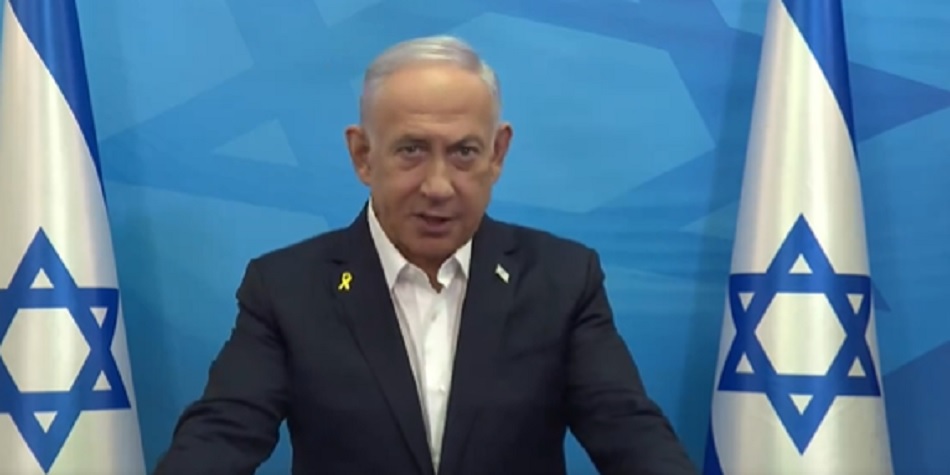
Israel Removes Shin Bet Chief Citing Trust Deficit
In a move that has escalated political tensions in Israel, the government has dismissed Ronen Bar, head of the Shin Bet internal security agency, citing a breakdown of trust. The decision has triggered widespread protests and speculation about the underlying motivations behind the sudden removal.
Shin Bet Chief Dismissed by Netanyahu Government
Ronen Bar, who served as the director of Shin Bet since 2021, was relieved of his duties following a unanimous cabinet decision. Prime Minister Benjamin Netanyahu stated that the dismissal was due to an “ongoing lack of trust,” with Bar expected to leave the post by April 10 or upon the appointment of a successor.
Bar had a long tenure in Shin Bet, beginning his service in 1993. His leadership saw increased internal scrutiny over security preparedness, particularly following the October 7 Hamas attack. Tensions reportedly grew after an internal report criticized the intelligence community’s role in failing to prevent the attack and highlighted policies that allegedly allowed Hamas to expand its military strength.
Bar Alleges Political Motive
In a letter following his dismissal, Bar disputed the official explanation, calling the claims “general” and “unsubstantiated.” He implied the move was politically motivated to obstruct investigations into the October 7 attack and potential financial links involving individuals close to Netanyahu. Reports have referenced these probes in connection with what is being described as “Qatargate.”
Public Outcry and Legal Warnings
The dismissal has sparked public outrage, with thousands protesting outside Netanyahu’s residence and the Knesset. Demonstrators view the decision as an attempt to undermine independent institutions. Several legal voices, including Israel’s attorney general, reportedly warned that the dismissal lacked a solid legal basis. Despite the caution, the government proceeded, accusing the attorney general of overreaching.
Wider Political and Security Implications
The situation comes amid heightened military activity in Gaza, where Israel has resumed its operations following a two-month pause. Civil unrest is intensifying within Israel, with critics warning that these political maneuvers threaten the foundations of democratic oversight and could deepen internal divisions.
Conclusion
The removal of Ronen Bar marks a turning point in Israel’s internal security landscape, exposing growing friction between intelligence authorities and political leadership. As protests swell and investigations continue, the move has raised serious questions about the balance of power and the future direction of Israel’s democratic and security institutions.

















